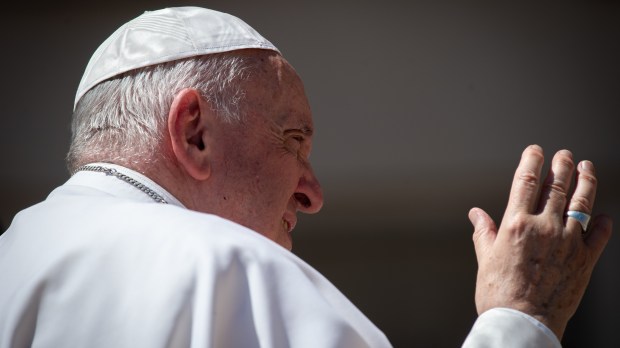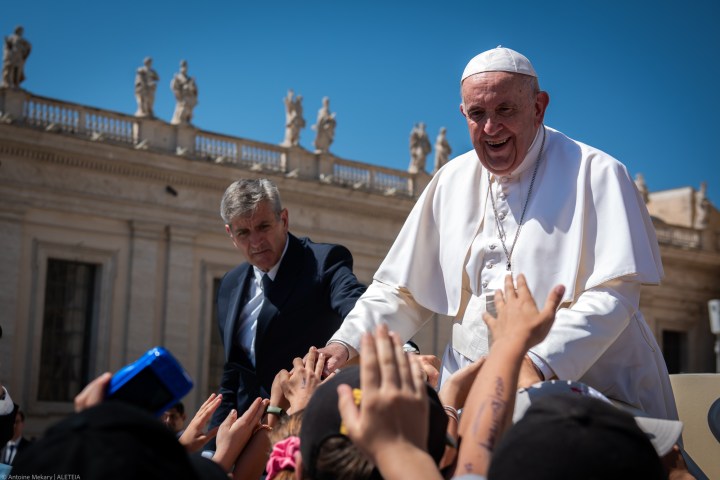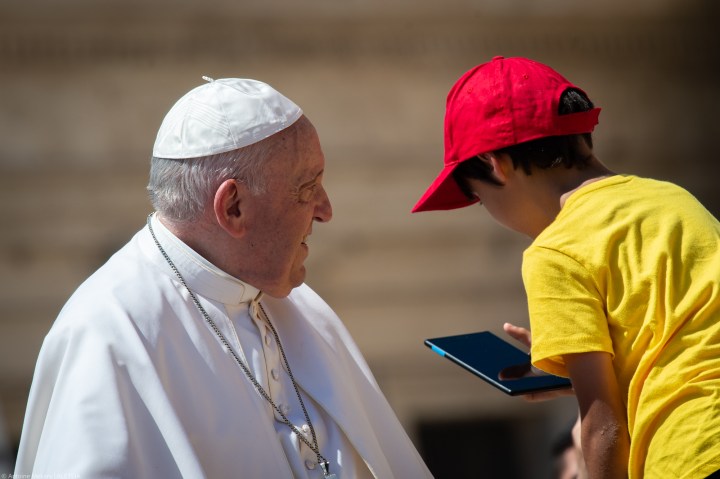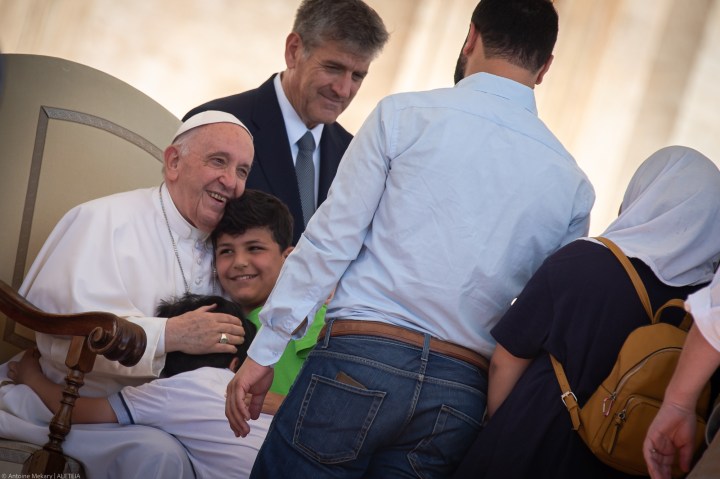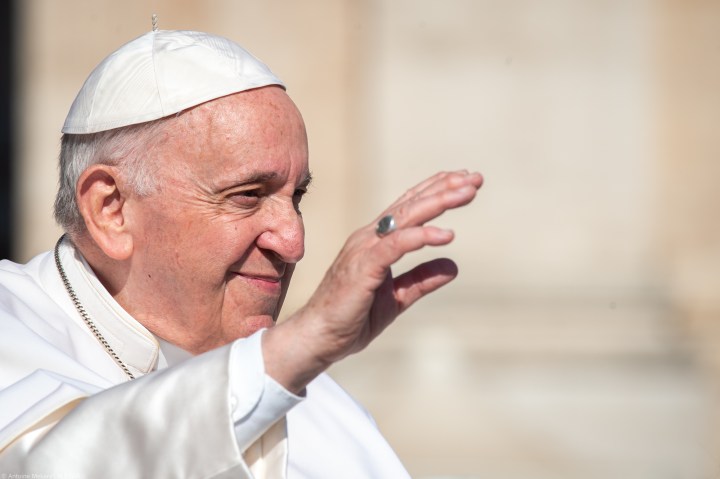Our throwaway culture that “poisons the world we live in” abandons the elderly, dispossessing them of everything. The consequences are fatal, not just for the elderly — who begin to doubt if they “deserve” to live — but for all of us, who are tempted to hide our vulnerability.
This is Pope Francis’ warning as he continued on June 1, 2022, his general audience series on the elderly.
“We are all tempted to hide our vulnerability, to hide our illness,” he said, because “we fear that they are the precursor to our loss of dignity.”
Let us ask ourselves: Is it human to induce this feeling? How is it that modern civilization, so advanced and efficient, is so uncomfortable with sickness and old age? How is it that it hides illness, it hides old age? And how is it that politics, which is so committed to defining the limits of a dignified survival, is at the same time insensitive to the dignity of a loving coexistence with the old and the sick?
“The whole of society must hasten to take care of its elderly – they are its treasure! – who are increasingly numerous and often also the most abandoned,” the Pope urged.
Cowardice: Our speciality
The Pope said that taking advantage of, or abandoning the elderly is “a form of cowardice in which we specialize in this society of ours.”
He lamented those who cheat the elderly out of their savings or other rights, but also decried the family’s role in this “cruelty”:
The elderly who are rejected, abandoned in rest homes, without their children coming to visit them, or they go a few times a year. The elderly person is placed in the corner of existence. And this happens: It happens today, it happens in families, it happens all the time. We must reflect on this.
But God is there
Nevertheless, the Pope’s exhortation was also a call to hope because as Psalm 71, read at the audience, attests, God does not abandon the elderly in their weakness. And in fact, the elderly in their frailty have an important lesson to share:
The elderly, by virtue of their weakness, can teach those who are living in other ages of life that we all need to abandon ourselves to the Lord, to invoke his help. In this sense, we must all learn from old age: Yes, there is a gift in being elderly, understood as abandoning oneself to the care of others, starting with God himself.
The Pope quoted St. Augustine who urges the elderly, “Fear not.”
“Yea at that time in you will be the strength of Him, when your strength shall have failed,” Augustine assures.
The Pope said that this trust and abandonment is somehow a “magisterium of frailty.”
There is then a “magisterium of frailty,” do not hide frailties, no. It is true, there is a reality and there is a magisterium of frailty, which old age is able to remind us of in a credible way for the whole span of human life. Do not hide old age, do not hide the fragility of old age. This is a teaching for all of us. This teaching opens up a decisive horizon for the reform of our own civilization. A reform that is now indispensable for the benefit of the coexistence of all. The marginalization of the elderly – both conceptual and practical – corrupts all seasons of life, not just that of old age.
Every one of us can think today of the elderly people in the family: how do I relate to them, do I remember them, to I go to visit them? Do I try to make sure they lack nothing? Do I respect them? The elderly who are in my family: think of your mother, father, grandfather, grandmother, aunts and uncles, friends … Have I cancelled them from my life? Or do I go to them to obtain wisdom, the wisdom of life?
Remember that you too will become elderly. Old age comes for everyone. And treat the elderly today as you would wish to be treated in your old age. They are the memory of the family, the memory of humanity, the memory of the country. Protect the elderly, who are wisdom. May the Lord grant the elderly who are part of the Church the generosity of this invocation and of this provocation. May this trust in the Lord spread to us. And this, for the good of all, for them.
